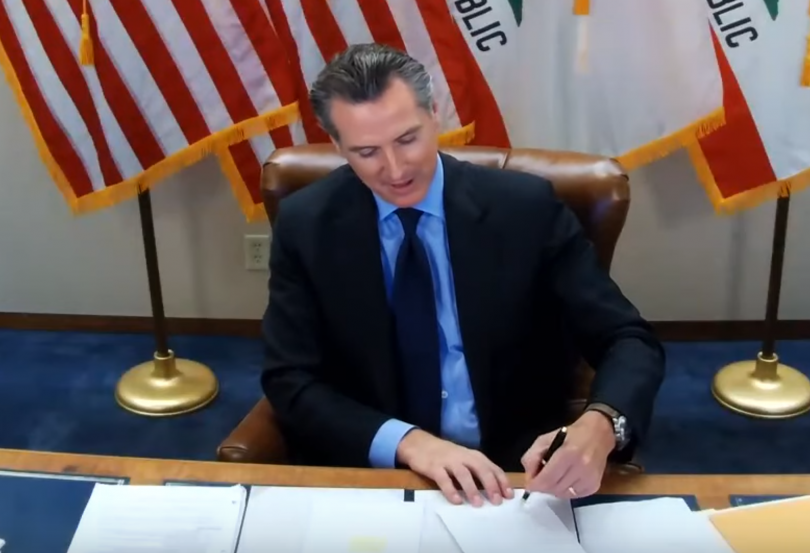
California Governor Gavin Newsom has officially signed hundreds of bills into law, wrapping up one of the state’s most ambitious legislative sessions in recent years. The sweeping set of measures covers issues ranging from affordable housing and climate change to education, workers’ rights, and public safety, signaling a major shift in the state’s policy priorities heading into 2026.
A Legislative Marathon
Newsom’s office confirmed that he reviewed more than 1,000 bills passed by the Democratic-controlled Legislature before the October deadline, ultimately approving hundreds while vetoing others he said would strain the state’s budget or duplicate existing efforts.
“California continues to lead the nation in tackling the toughest challenges of our time — affordability, climate, and equity,” Newsom said in a statement from Sacramento. “These new laws reflect our values and our vision for the future.”
Among the most notable bills signed are housing reforms designed to fast-track construction and reduce zoning barriers, along with climate initiatives that strengthen emission targets and promote clean-energy investment.
Key Areas of Focus
1. Housing and Homelessness
A significant portion of the new legislation aims to address California’s chronic housing shortage. Measures include easing restrictions on multi-family developments, converting commercial spaces into residential units, and boosting funding for homelessness prevention programs.
2. Labor and Wages
Newsom signed bills expanding paid family leave, establishing stronger protections for gig and service workers, and increasing penalties for wage theft. Another measure phases in new standards for AI and automation transparency in workplaces — one of the first of its kind in the nation.
3. Climate and Energy
Continuing California’s leadership on environmental policy, the governor approved laws to accelerate the state’s renewable energy goals, promote electric vehicle infrastructure, and strengthen water conservation programs amid ongoing drought risks.
4. Public Safety and Justice Reform
Among the most debated measures were reforms to policing, sentencing, and firearm regulations. Newsom approved a bill restricting concealed carry in certain public spaces and another expanding police use-of-force reporting requirements statewide.
Controversial Vetoes
Despite his progressive reputation, Newsom issued dozens of vetoes — particularly on spending-heavy proposals. He cited concerns over California’s budget deficit, warning lawmakers to prioritize “long-term fiscal stability.” Among the rejected measures was a bill that would have provided state-funded health coverage to all undocumented immigrants, which Newsom said was “unsustainable at this time.”
What Comes Next
The new laws will begin taking effect on January 1, 2026, with some phased in over the next several years. Political analysts say Newsom’s legislative flurry underscores his national ambitions, as he continues to position California as a policy model for the rest of the country.
As the governor himself put it:
“California doesn’t wait for change — we make it happen.”
Watch video below :









